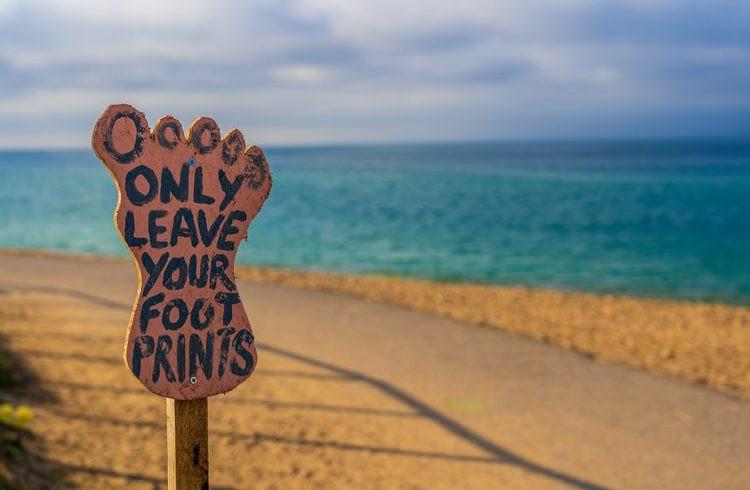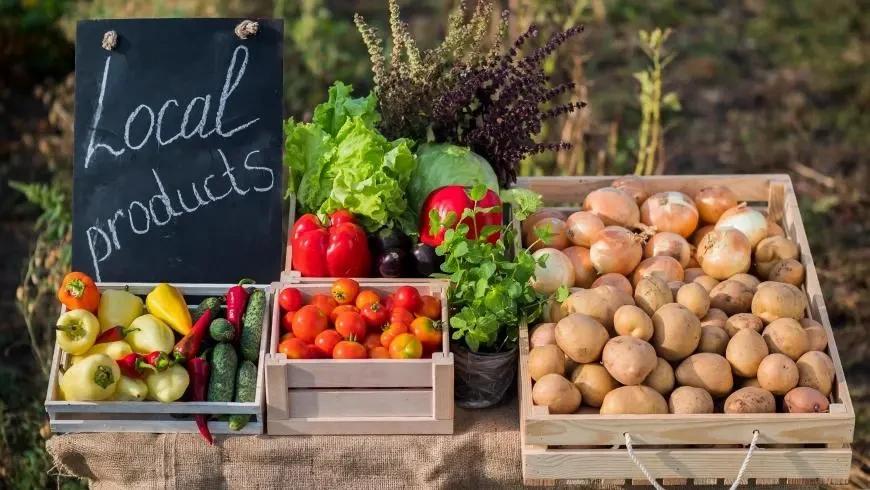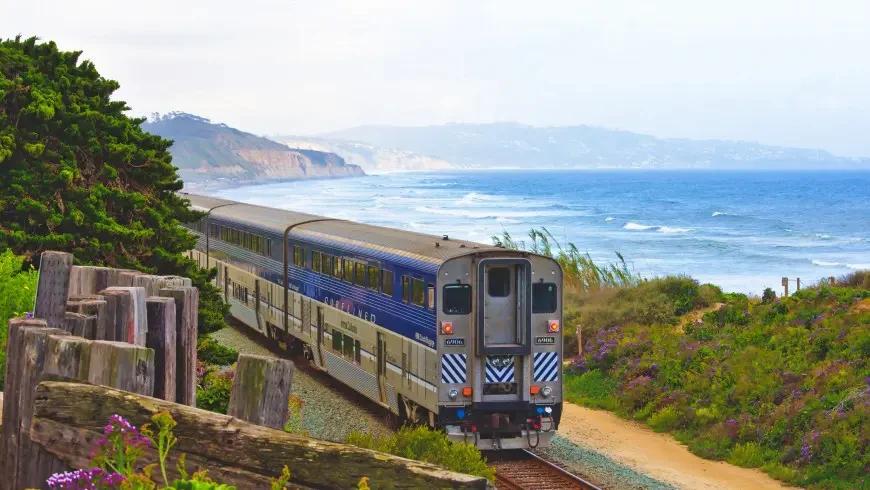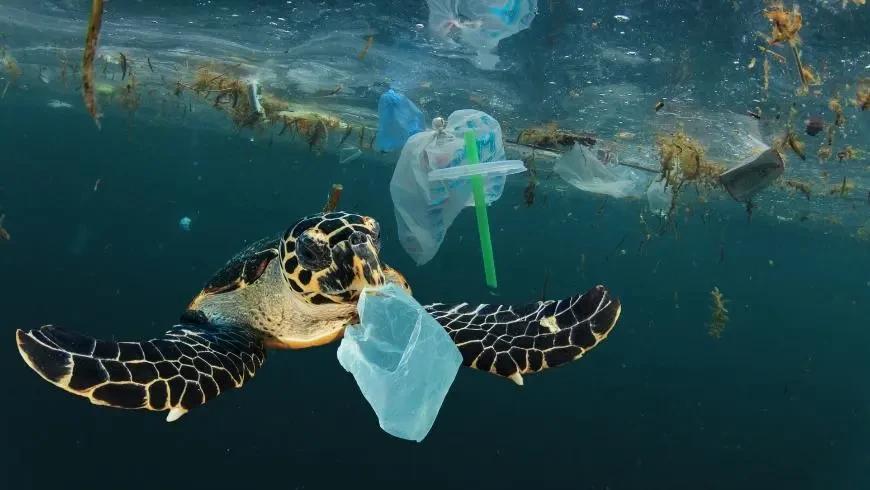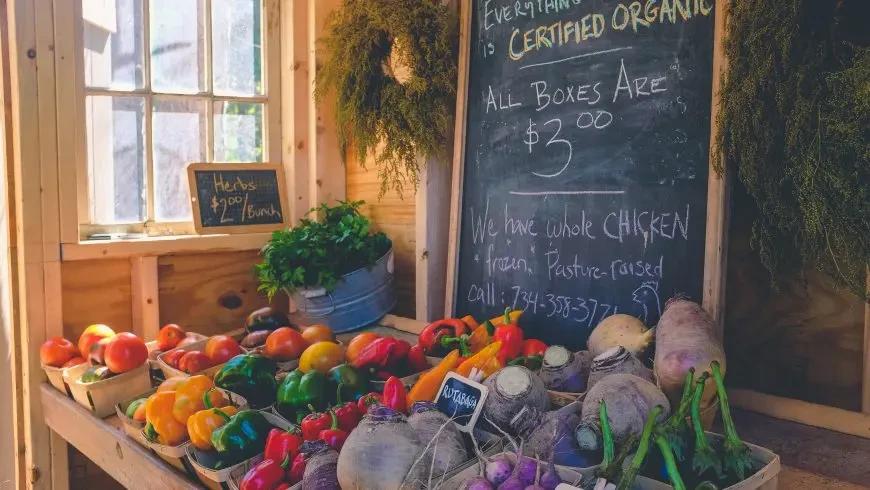Explore the World's Best Ideas
Join today and uncover 100+ curated journeys from 50+ topics. Unlock access to our mobile app with extensive features.
What is sustainable travel?
According to the World Tourism Organization (UNWTO), sustainable tourism is defined as:
“Tourism that takes full account of its current and future economic, social and environmental impacts, addressing the needs of visitors, the industry, the environment and host communities.”
The term sustainable travel refers to the adoption of sustainable practices with the aim of minimizing the negative impacts and maximizing the positive effects of tourism.
27
722 reads
Staying in eco-friendly accommodations
Staying in eco-friendly accommodations reduces the impact of tourism on the environment. From renewable energy production to bio-architecture, eco-friendly lodgings focus on preserving the environment and have positive environmental effects.
However, this is not all. Staying in eco-friendly tourism accommodations also supports the local economy. In fact, most environmentally friendly lodgings offer zero-kilometer, organic food.
24
576 reads
Making optimal use of environmental resources
Making optimal use of environmental resources preserves natural heritage and biodiversity. The main problem is that the consumption of environmental resources exceeds their ability to regenerate, causing climate change and loss of biodiversity.
In this regard, the ecological footprint is an indicator capable of measuring the environmental impact created by the excessive use of natural resources.
23
506 reads
Taking public transportation
Taking public transportation reduces air pollution and improves road congestion.
By using public transport, the number of cars on the roads decreases and less carbon dioxide is released into the atmosphere. Likewise, fewer vehicles reduce traffic jams on the roads.
22
470 reads
Respecting the culture of local communities
Respecting the culture of local communities conserves cultural and artistic heritage. The interaction with locals is one of the most rewarding things of sustainable travel and preserves traditions passed down from generation to generation.
It is essential to respect traditions as they form the identity of the local community and create a sense of unity among people.
23
420 reads
Buying from and supporting local businesses
Buying from and supporting local businesses empowers the local economy.
But this is not all. Local products do not involve transportation, require less packaging, and create more jobs.
23
438 reads
Traveling slow
Traveling slow minimizes the impact on the environment and saves money.
For instance, choosing the train over other means of transportation both reduces the ecological impact and is a cheaper option. But this is not all. Traveling slow also allows you to enjoy the scenery along the way.
23
430 reads
Saying NO to single-use plastic
Saying NO to single-use plastic reduces pollution. The production of plastic uses fossil fuels and therefore releases carbon dioxide into the atmosphere, contributing to climate change.
In addition, 8 million tons of plastic end up in oceans every year, putting marine life at risk.
22
391 reads
Eating local food
Eating local food ensures freshness and benefits local businesses. In fact, locally produced food does not require transportation, so it is fresh and nutritious.
Furthermore, eating local products supports the local economy and contributes to increasing employment and income within a community (tourism multiplier effect).
22
434 reads
IDEAS CURATED BY
Cherry Mary's ideas are part of this journey:
Learn more about travel with this collection
How to make sustainable choices in everyday life
Identifying ways to reduce waste and conserve resources
Understanding the impact of human actions on the environment
Related collections
Similar ideas
2 ideas
3 ideas
What does sustainable travel mean?
nationalgeographic.com
8 ideas
What Is Sustainable Living?
theecohub.com
Read & Learn
20x Faster
without
deepstash
with
deepstash
with
deepstash
Personalized microlearning
—
100+ Learning Journeys
—
Access to 200,000+ ideas
—
Access to the mobile app
—
Unlimited idea saving
—
—
Unlimited history
—
—
Unlimited listening to ideas
—
—
Downloading & offline access
—
—
Supercharge your mind with one idea per day
Enter your email and spend 1 minute every day to learn something new.
I agree to receive email updates



